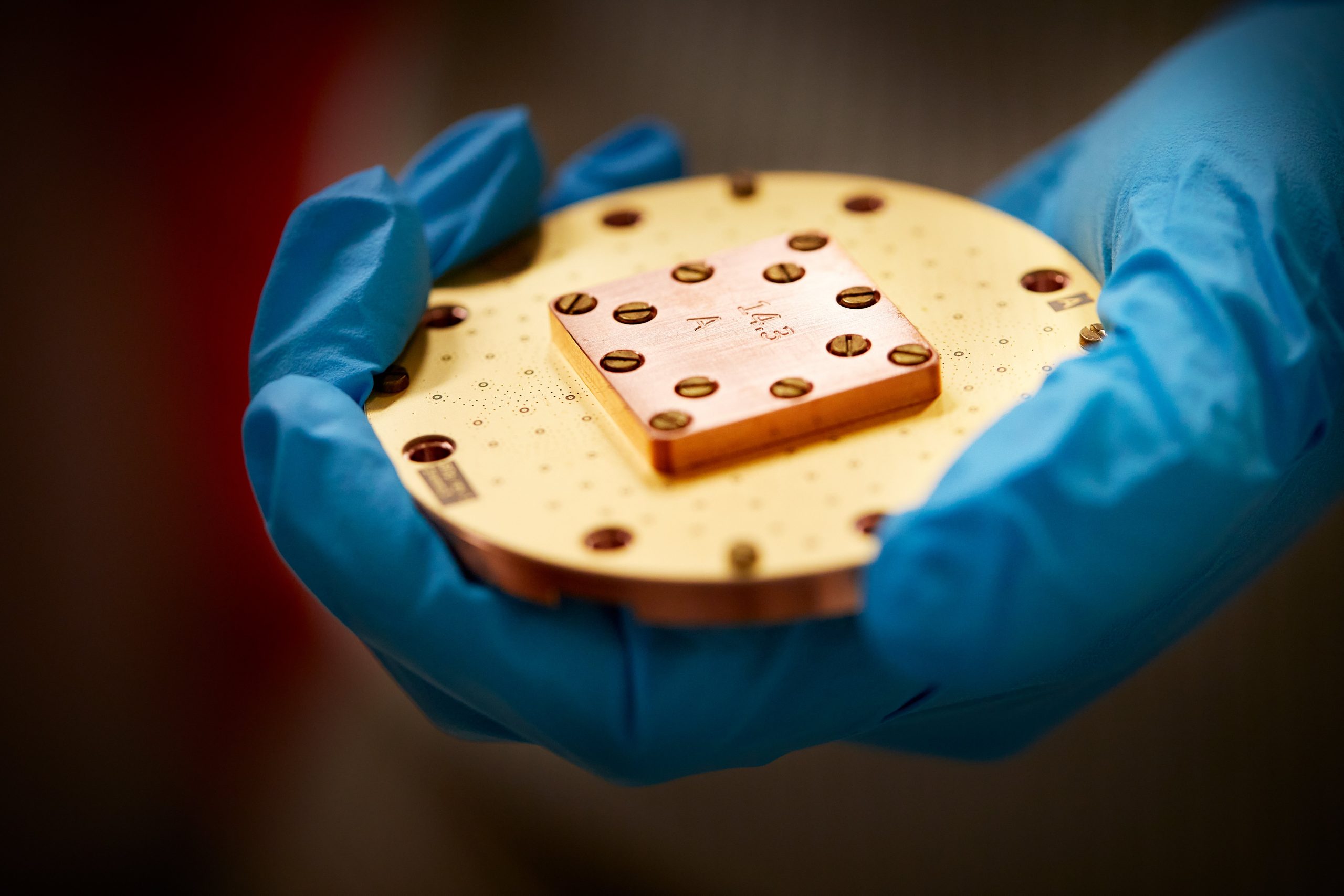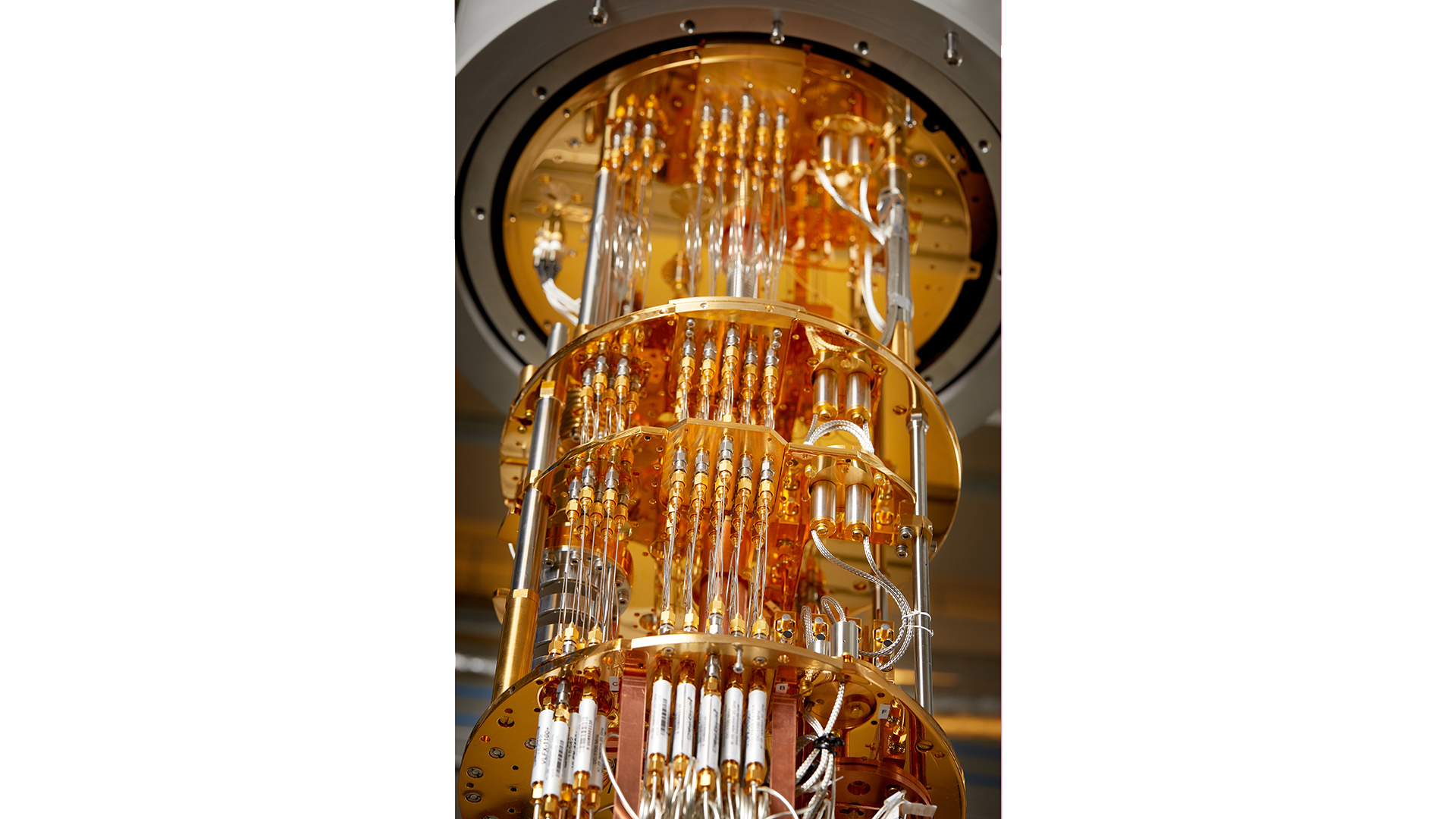A cutting-edge quantum computer developed at Chalmers University of Technology in Sweden is to become accessible for researchers and companies in the country thanks to sizeable funding.
Additional funding financed by the Knut and Alice Wallenberg Foundation will enable experts at Chalmers to manufacture a copy of the university’s quantum computer, making it available to industry in Sweden. In addition to producing the technology, the SEK 102 million funding will help to pioneer a ‘quantum helpdesk’ that will allow companies and researchers to solve problems using quantum technology.
Quantum computer access will revolutionise Swedish industry
Since 2018, the Chalmers University of Technology – under the Wallenberg Centre for Quantum Technology (WACQT) initiative – has been conducting a large-scale project to design and fabricate a quantum computer in Sweden.
The endeavour has been successful, yielding a state-of-the-art quantum computer that boasts 25 quantum bits – otherwise known as qubits. The goal of the project is to achieve 100 qubits by 2029; however, even the current 25 qubits capacity can effectively rub complex algorithms. The main issue with the technology is that it is rarely available due to researchers constantly working to optimise it.

Per Delsing, a professor at Chalmers and director of WACQT, explained: “We’re therefore going to build a copy of our quantum computer and make it available as a test bed for companies and researchers to run algorithms. Its purpose is to raise Sweden’s competence level in quantum technology and lower the threshold for using quantum computers.”
How will the funding increase accessibility?
In addition to developing a copy of the quantum computer, the funding will help innovate a test bed with a support function – the quantum helpdesk – to guide users and troubleshoot problems to viable quantum algorithms. The test bed will also provide companies developing quantum technology components with test equipment.
Delsing added: “The idea is that users shouldn’t need much prior knowledge. It should be enough for a company to have a problem which they’ve heard might be solved by a quantum computer. The quantum helpdesk will help them from there.”
The test bed will open its equipment for testing components and the quantum helpdesk in 2024, with the quantum computer open for running algorithms in 2025. The quantum computer’s qubits are planned to increase from 25 to 40 within a couple of years of opening.

The technology is more economically viable than previous quantum computers
Making quantum computers commercially available is not a new phenomenon, with various companies making them available through the cloud. However, WACQT’s test bed will cost significantly less for Swedish users.
“Another big difference is that we’re transparent with what’s under the hood of our quantum computers. That allows you to optimise the algorithms for the hardware, thus increasing the chance of successful computations,” concluded Delsing.









